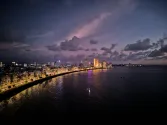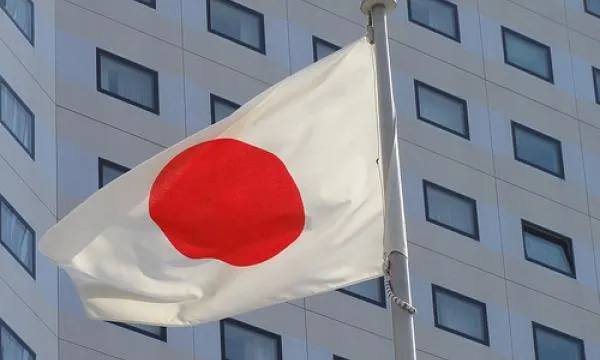
Japan to miss nuclear targets amidst industry headwinds
Nuclear is expected to take up only 8.4% of the power mix, well below the 20-22% target.
Japan’s nuclear power sector could continue to face challenges that will stem mostly from substantial public opposition, a lack of local and regional government support, the high cost of safety upgrades, and more stringent security requirements, according to a report by Fitch Solutions.
“We expect these factors will continue to challenge Japan’s push for nuclear restarts, prompting our more bearish outlook on nuclear power generation which we now expect will reach approximately 85.4TWh by 2029, accounting for 8.4% of the total power mix,” Fitch Solutions wrote. This falls significantly below government targets of 20-22% by 2030.
The Nuclear Regulation Authority's (NRA's) tough stance on counterterrorism measures are expected to weigh on generation from operational nuclear power plants in the near-term. In mid-2019, the NRA rejected applications to extend deadlines for the installation of additional security measures at a number of the country's nuclear power plants.
The regulator also approved new rules that would allow the suspension of operations at facilities whose back-up control centres were not completed by their individually-specified deadlines.
As a result, both Kansai Electric Power and Kyushu Electric Power recently announced that they had powered-down their respective nuclear reactors die to the expectation that they would miss their NRA deadlines. Kyushu Electric Power also announced a halt on Sendai No. 1 and No.2 for eight months from March and May 2020 respectively, whilst KEPCO will suspend operations at Takahama No. 3 from August 2 to December 22 2020, and Takahama No. 4 from October 7 2020 to February 10 2021.
Rising local government opposition to nuclear power adds to the bearish outlook. Concerns over the safety of nuclear facilities following the Fukushima Daiichi, combined with the lack of support for the industry shown by municipal and prefecture-level governors, makes the timely restart of these facilities highly uncertain.
The report only factors in power generation from 14 nuclear reactors at the end of the decade.
“We stress that public opposition poses a similar downside risk to the country's operational reactors, illustrated by the Hiroshima High Court's finding in favour of residents' safety concerns which resulted in the imposition of a temporary injunction on the operation of Ikata No. 3 reactor in January 2020. The ruling overturned the District Court’s decision in March 2019 to allow continued operation at the plant, which was appealed by local residents' representatives,” Fitch Solutions wrote.
Shikoku Electric Power said that it will appeal the latest High Court decision.
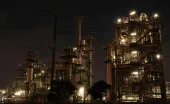


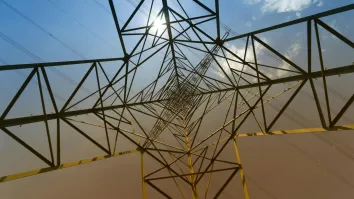
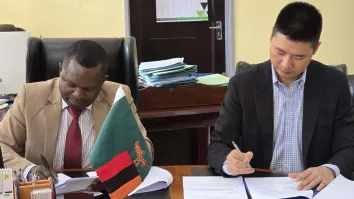
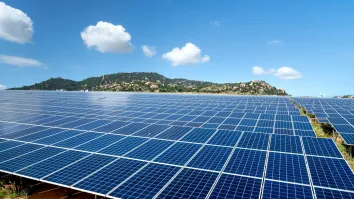













 Advertise
Advertise

